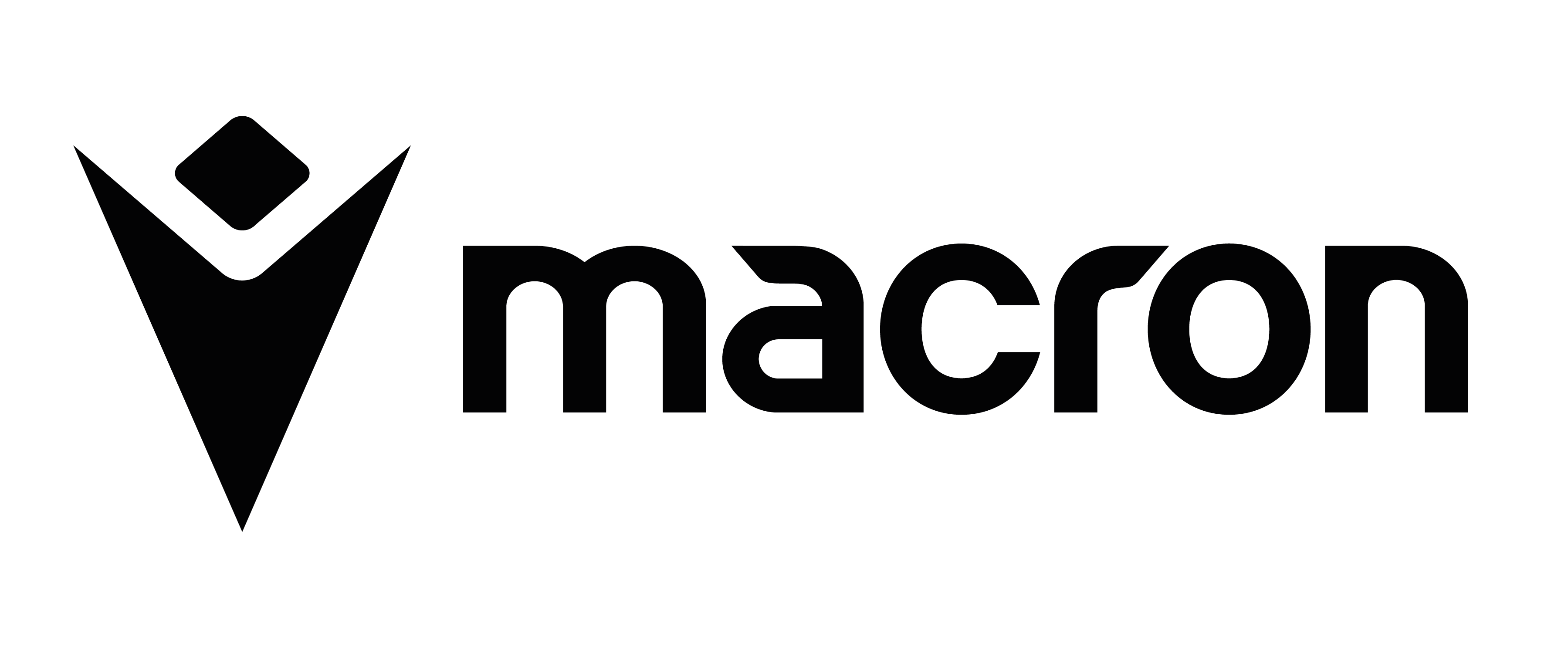Concacaf elite referees continue preparing to raise the level of the game across multiple competitions including the Scotiabank Concacaf Champions League, the FIFA Women’s World Cup in France, the Scotiabank Concacaf League and the Concacaf Women’s U-17 Championship that will be held next month in Nicaragua.
Working closely with the Costa Rican Football Federation (FEDEFUTBOL), the Confederation recently held its annual Elite Referee Course in San Jose, Costa Rica. The training brought together 10 male referees and 8 female referees, in addition to 12 members of the Targeted Advanced Referee Program (TARP), who learned side-by-side with Concacaf’s best officials.
During the four-day seminar, elite referees took part in theoretical and practical sessions to improve their knowledge, exchange practices, and review subjects like challenges, handballs, and offside, which refine their understanding of game decisions ensuring a more unified interpretation of the Laws of the Game. All participating referees were required to pass the FIFA World Cup candidate fitness test.
Concacaf Director of Refereeing, Brian Hall explained the importance of this test:
“Concacaf strives to ensure that its match officials are not only elite referees but elite athletes who are able to maintain the highest standards required by the modern game. As a result, all elite officials must pass FIFA’s strictest fitness test.”
FIFA Instructor Esse Baharmast who works with the FIFA World Cup Candidate Referees stated:
“It is very important for the referees to attend the elite seminar to bring uniformity and consistency to the interpretation of the Laws of the Game and be updated with the latest changes in the laws and how they are to be applied. It is also as important to put those concepts into practice during sessions on the field of play and receive immediate feedback.”
A final and key topic of the course was the mental and psychological approach to the game. These sessions were led by Luis Diego Hernandez, a psychologist at FESFUT that works with the referees and players.
Concacaf’s 2017 Female Referee of the Year, Lucila Venegas of Mexico, commented on the importance of combining men and women into the same course:
“Refereeing is a family. The future is now and by working together we ensure the sport, that we all love, benefits from uniform interpretation and application of the Laws of the Game.”
Michelle Pye of Canada, one of the course’s FIFA Instructors and a former CONCACAF Elite Referee herself, expressed the importance of the combined (male and female) course:
“As a recently retired FIFA referee and a new FIFA instructor, I want to congratulate Concacaf on an immensely successful and valuable Elite and TARP referee course. As referees, we strive each time we step on the field, to be the guardians of the game by protecting the safety of the players while maintaining the integrity of the Laws of the Game. Courses like this, which combine both male and female referees, allow for uniform interpretation of the current Laws, and provide an opportunity to learn from each other both on and off the field of play. As instructors for such a high quality of officials, our job is to help them achieve excellence and to motivate them to continue to work hard so they will be prepared for their next opportunity.”
The course also provided the opportunity for Concacaf to recognize the winners of the 2017 Male and Female Referees of the Year. Mexican referees Lucila Venegas and Cesar Ramos received their awards in front of their peers.
“Concacaf is very proud of Lucila and Cesar. Both serve as excellent examples of the quality officials we strive to develop. Not only are they true professionals on the field but they are excellent individuals off the field of play.
“Now that the course has concluded, I am very excited to say that Concacaf referees are amongst the best in the world. This excellence was evident over the four days of the intensive and demanding course. Having the future elite referees participating from the TARP team, helps to ensure a solid future for refereeing in the Confederation for many years. Concacaf is not merely focused on the referee of today but we are concentrated on developing the referee of the future – the next World Cup final referee,” concluded Hall.






































